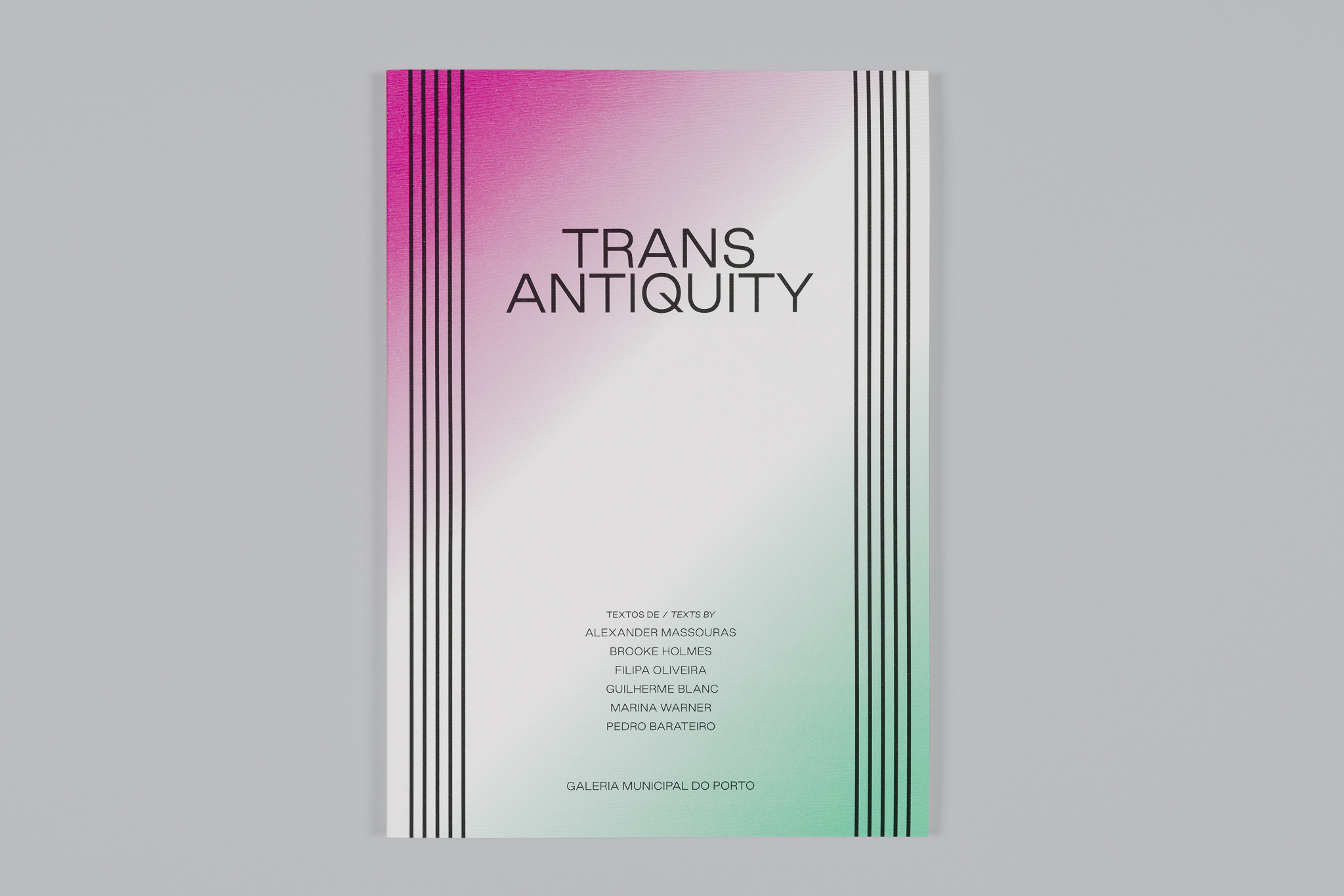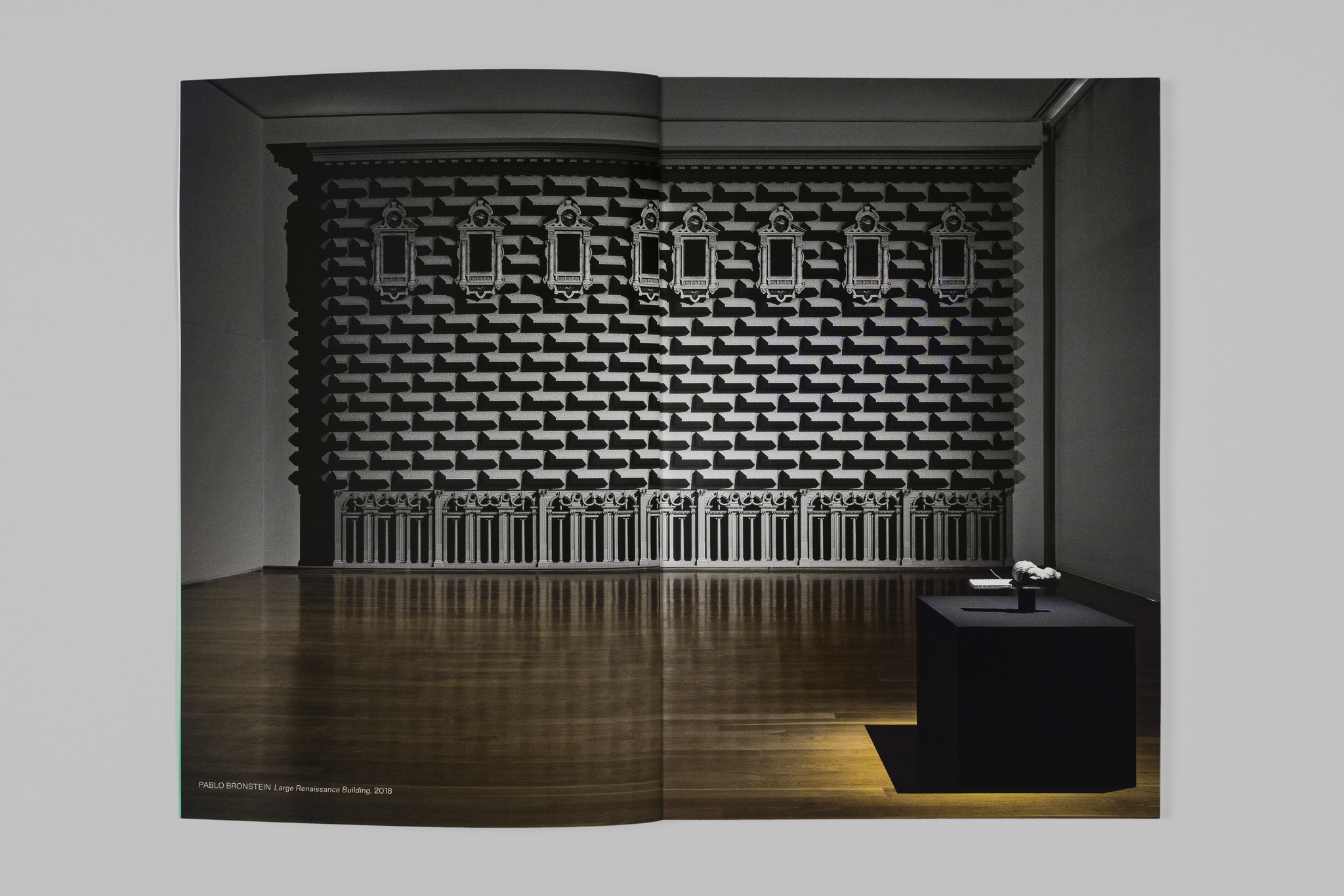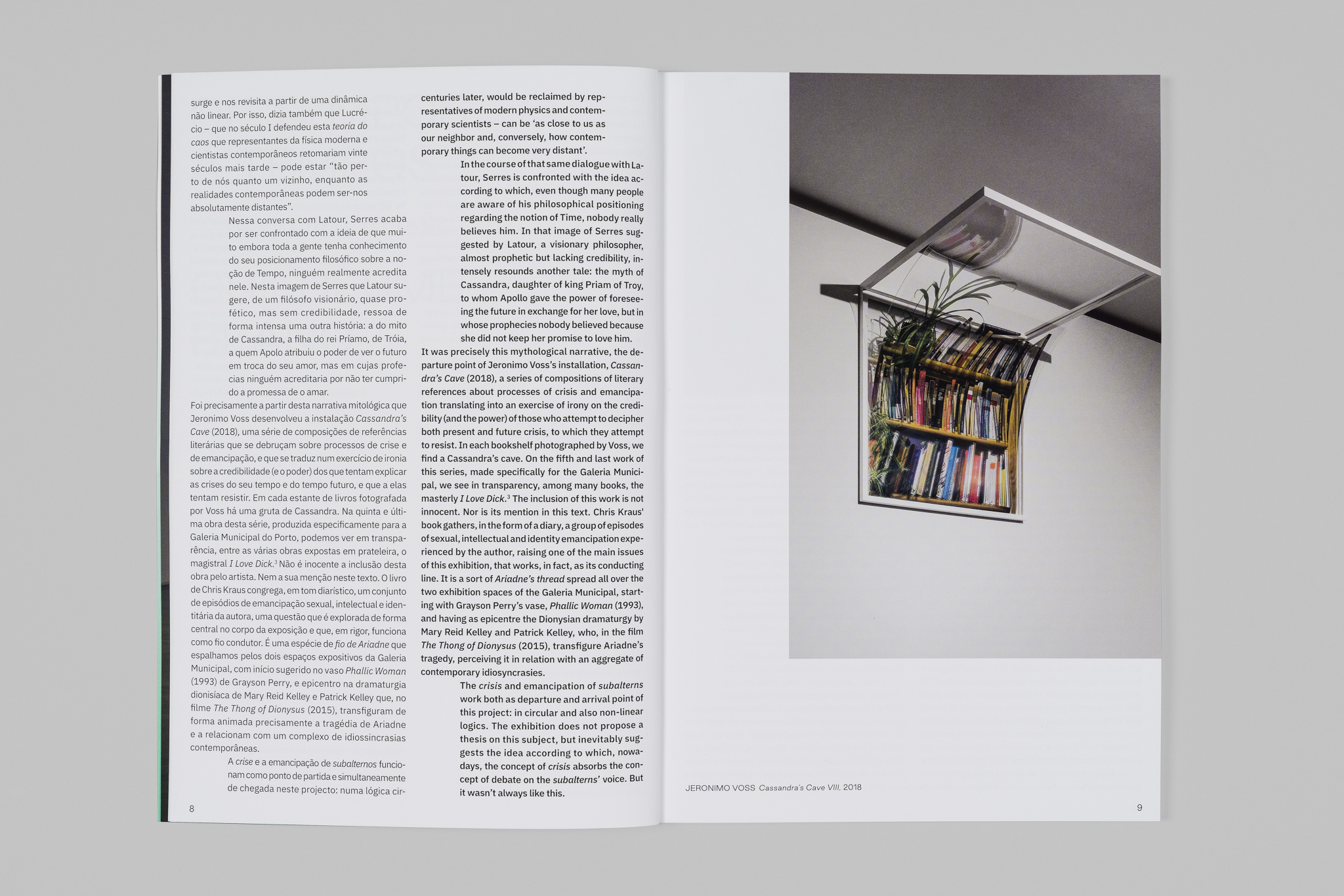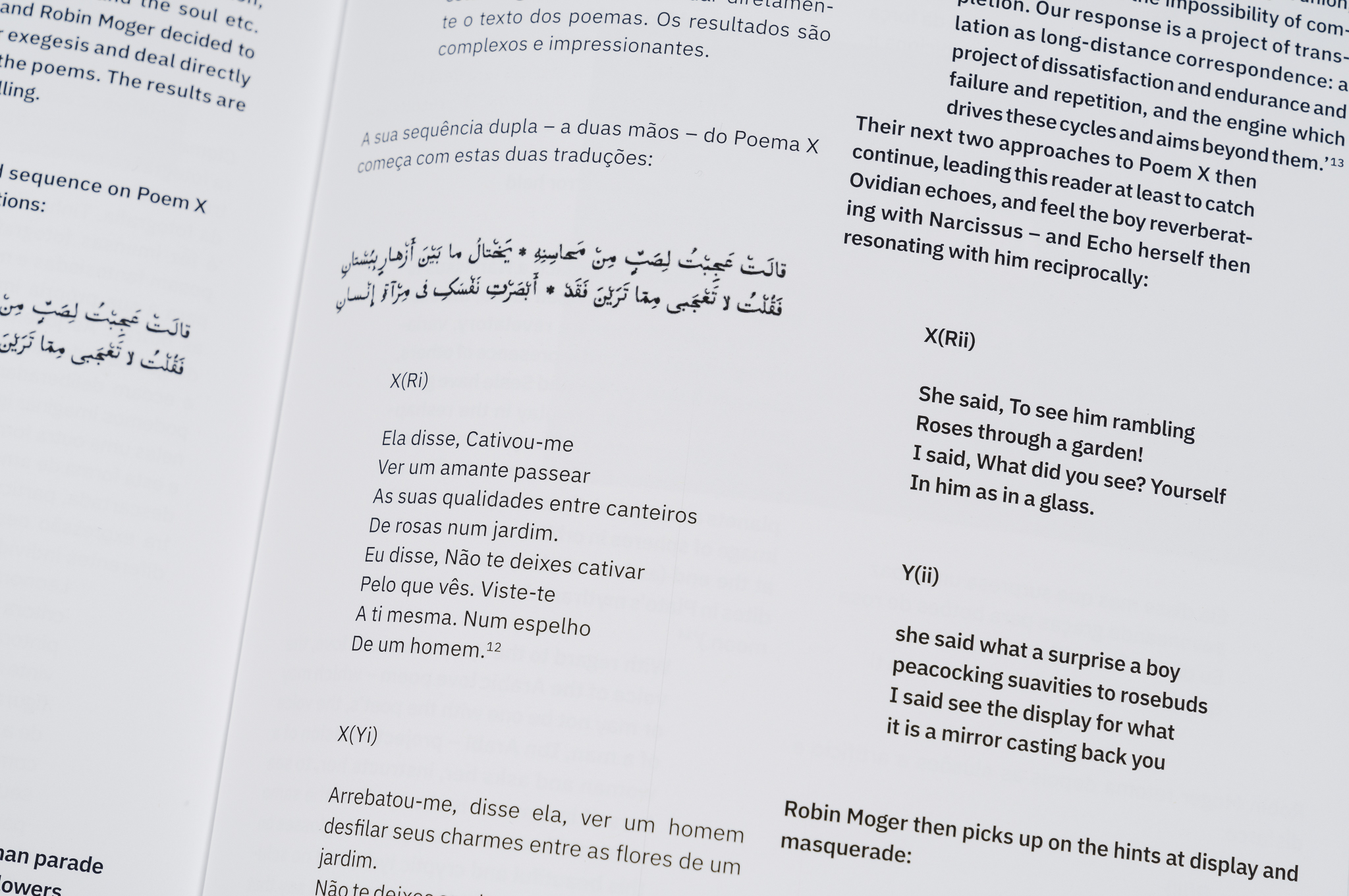TRANSANTIQUITY
Transantiquity proposed a space for reflection and inquiry into the presence of Antiquity’s legacy in the contemporary era. The exhibition focused on the relationship between the cultural, political and philosophical paradigms of Antiquity and the work of a group of artists whose practice explores ideas of political, personal and natural identity-building in various territories.
The idea that Antiquity can constitute a static heritage or a symbolic storehouse of ethical and aesthetic principles is today contradicted by the way it is interpreted by the contemporary discourse to confront us with our present and future condition – looking at the past as a mean of considering the fragility of the political project that forges European identity upon the founding myths and principles of Graeco-Roman culture.
Simultaneously, the exhibition questioned these Western canons, and proposed to analyse Antiquity in a global context, in which it has become indispensable to consider other discourses, philosophies and beliefs.
Transantiquity questioned the linearity of Time as a vehicle for knowledge-building, while suggesting an open and problematising interpretation of a cyclical and transient desire for the "classical" canon. The exhibition thus analysed the possible future, based on an interpretation (and reinvention) of the ruins of our epoch and the epoch of others.
The idea that Antiquity can constitute a static heritage or a symbolic storehouse of ethical and aesthetic principles is today contradicted by the way it is interpreted by the contemporary discourse to confront us with our present and future condition – looking at the past as a mean of considering the fragility of the political project that forges European identity upon the founding myths and principles of Graeco-Roman culture.
Simultaneously, the exhibition questioned these Western canons, and proposed to analyse Antiquity in a global context, in which it has become indispensable to consider other discourses, philosophies and beliefs.
Transantiquity questioned the linearity of Time as a vehicle for knowledge-building, while suggesting an open and problematising interpretation of a cyclical and transient desire for the "classical" canon. The exhibition thus analysed the possible future, based on an interpretation (and reinvention) of the ruins of our epoch and the epoch of others.
Publisher:
Câmara Municipal Do Porto / Galeria Municipal Do Porto
Editorial Project:
Guilherme Blanc
Managing Editor:
Maria Burmester
Graphic Design:
Colönia
Texts:
Alexander Massouras
Brooke Holmes
Filipa Oliveira
Guilherme Blanc
Marina Warner
Pedro Barateiro
Translation:
Cláudia Gonçalves
Manuel Neto
Rui Cascais Parada
Sofia Gomes
Copy-Editing:
Lídia Queirós
Maria Burmester
Photography:
Dinis Santos
Renato Cruz Santos (Pp. 93)
Cortesia / Courtesy Pedro Barateiro (Pp. 88-89)
Pre-Press, Printing And Binding:
Gráfica Maiadouro
ISBN:
978-989-54209-9-5
Price:
15€
Câmara Municipal Do Porto / Galeria Municipal Do Porto
Editorial Project:
Guilherme Blanc
Managing Editor:
Maria Burmester
Graphic Design:
Colönia
Texts:
Alexander Massouras
Brooke Holmes
Filipa Oliveira
Guilherme Blanc
Marina Warner
Pedro Barateiro
Translation:
Cláudia Gonçalves
Manuel Neto
Rui Cascais Parada
Sofia Gomes
Copy-Editing:
Lídia Queirós
Maria Burmester
Photography:
Dinis Santos
Renato Cruz Santos (Pp. 93)
Cortesia / Courtesy Pedro Barateiro (Pp. 88-89)
Pre-Press, Printing And Binding:
Gráfica Maiadouro
ISBN:
978-989-54209-9-5
Price:
15€
Discounts:
Student: 30%
Porto. Card: 20%.
*The discounts are not cumulative and will be granted upon presentation of the respective cards.




